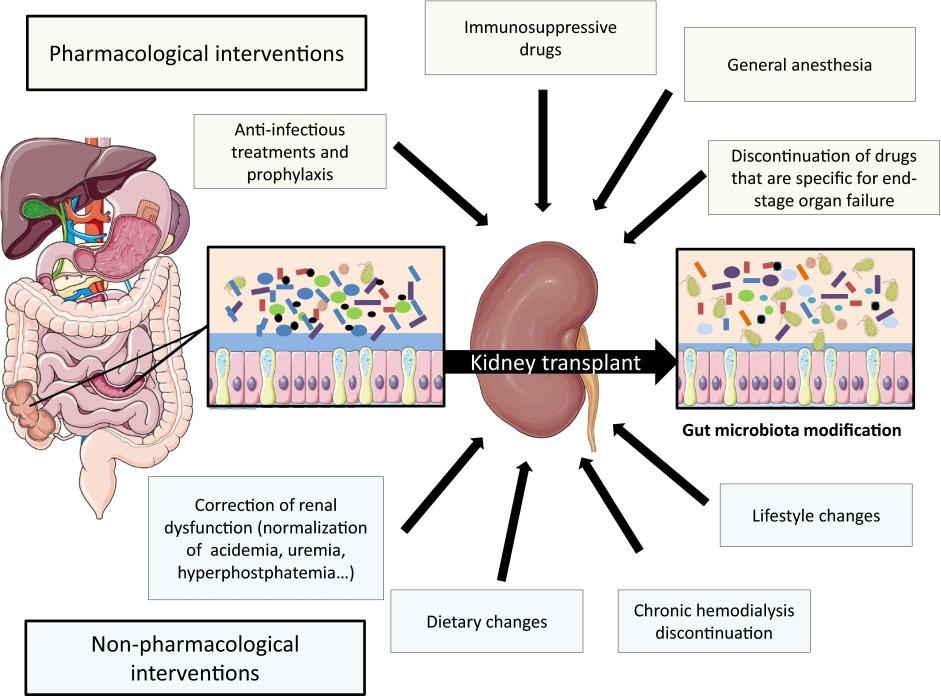Anti-Rejection Medicines: A Lifeline After Organ Transplant

When you receive a life-saving organ transplant—be it a kidney, liver, heart, or lung—the journey doesn’t end with the surgery. In fact, a new chapter begins: protecting your new organ from being rejected by your immune system. This is where anti-rejection medicines, also known as immunosuppressants, become a critical part of your daily routine.
In this blog, we’ll take a detailed, easy-to-understand look at anti-rejection medicines—what they are, why they matter, how to manage them, and what to watch out for.
What Are Anti-Rejection Medicines?
Anti-rejection medicines are drugs that suppress the immune system just enough to prevent it from attacking your transplanted organ. Since your immune system is designed to protect you from anything foreign, it naturally sees the new organ as a threat. Without these medications, your immune system would try to reject the transplant.
These medicines help ensure your body accepts the new organ and keeps functioning well in the long term.
Types of Immunosuppressants
Doctors typically use a combination of different immunosuppressants to reduce the risk of rejection while minimizing side effects. These medications fall into three main categories:
a. Induction Medicines
-
Used immediately after transplant
-
Powerful drugs given short-term
-
Help prevent early organ rejection
b. Maintenance Medicines
-
Taken daily, often for life
-
Help sustain immune suppression in the long run
Examples include:
-
Calcineurin Inhibitors (e.g., tacrolimus, cyclosporine): Block signals in immune cells
-
Antiproliferative Agents (e.g., mycophenolate mofetil, azathioprine): Stop immune cells from multiplying
-
Corticosteroids (e.g., prednisone): Reduce overall immune activity and inflammation
c. Anti-Rejection Treatments
-
Given if signs of rejection occur
-
May include high-dose steroids or other potent drugs
Importance of Medication Adherence
Taking your anti-rejection medications exactly as prescribed is absolutely crucial. Even one missed dose can lead to serious consequences, including acute rejection.
Tips to Stay on Track:
-
Set alarms or phone reminders
-
Use a pill organizer
-
Keep a written or digital medication schedule
-
Always refill prescriptions in advance
Side Effects to Watch For
While these medications are life-saving, they can also cause side effects. Everyone responds differently, but common issues may include:
-
Increased risk of infections
-
High blood pressure
-
Elevated blood sugar or diabetes
-
Weight gain
-
Mood swings
-
Acne or skin problems
It’s essential to stay in close contact with your healthcare team. Many side effects can be managed with dose adjustments, lifestyle changes, or additional medications.
Long-Term Monitoring and Lifestyle Support
Taking immunosuppressants is a lifelong commitment, and so is monitoring their impact. Regular follow-ups, blood tests, and medication adjustments are part of staying healthy post-transplant.
Other Healthy Habits Include:
-
Eating a balanced diet (low salt, low sugar if needed)
-
Staying active (as advised by your doctor)
-
Getting recommended vaccines (with transplant team approval)
-
Avoiding unnecessary over-the-counter drugs or supplements
-
Practicing good hygiene to reduce infection risks
Where to Find Anti-Rejection Medicines
Most transplant recipients get their medications through hospital pharmacies or local drugstores. However, some patients may conveniently explore online platforms, especially when dealing with recurring prescriptions or international delivery.
One such resource is onlinegenericmedicine.com, which lists various anti-rejection drugs. As always, consult your healthcare provider before purchasing medications online to ensure you're receiving the correct and safe treatment.
Final Thoughts
Anti-rejection medicines are not just medications—they’re the key to preserving your new life. With proper use, ongoing support from your healthcare team, and a proactive approach to your health, you can live a long and fulfilling life post-transplant.
Stay informed, stay committed, and never hesitate to ask questions. Your health and the gift of your new organ are worth every effort.
- anti_rejection_drugs
- anti_rejection_medication
- anti_rejection_medicine
- anti_transplant_rejection_drugs
- anti_rejection_drugs_side_effects
- Online_Generic_Medicine_is_a_trusted_online_pharmacy_store._We_are_dedicated_to_providing_FDA-approved_high-quality_affordable_generic_medicine_online_in_the_USA
- Canada
- UK
- &_Australia._✓_Express_Delivery_✓_Free_Shipping_✓Secure_Payment.
- Art
- Causes
- Crafts
- Dance
- Drinks
- Film
- Fitness
- Food
- Spellen
- Gardening
- Health
- Home
- Literature
- Music
- Networking
- Other
- Party
- Religion
- Shopping
- Sports
- Theater
- Wellness
- IT, Cloud, Software and Technology





